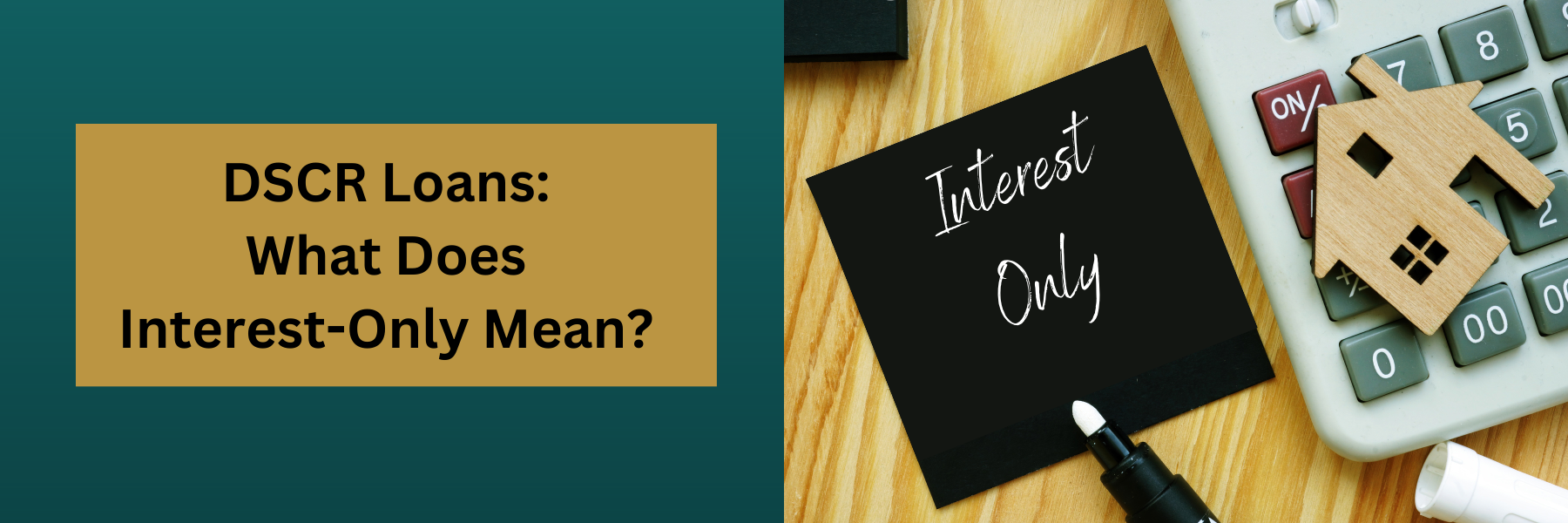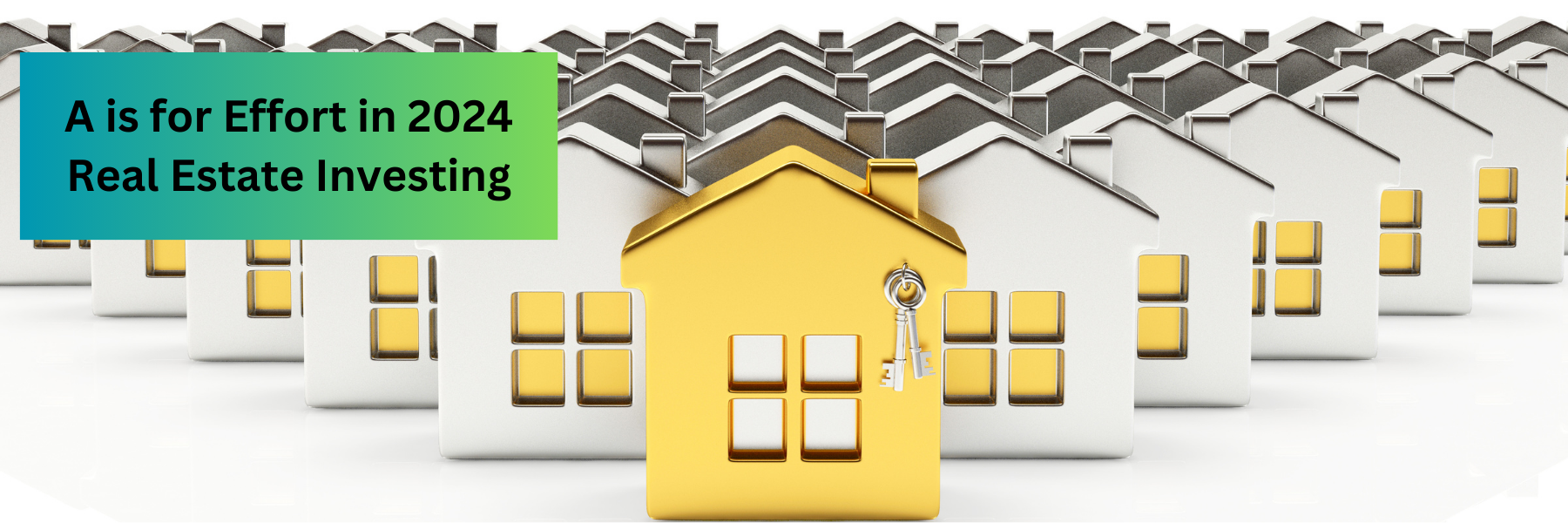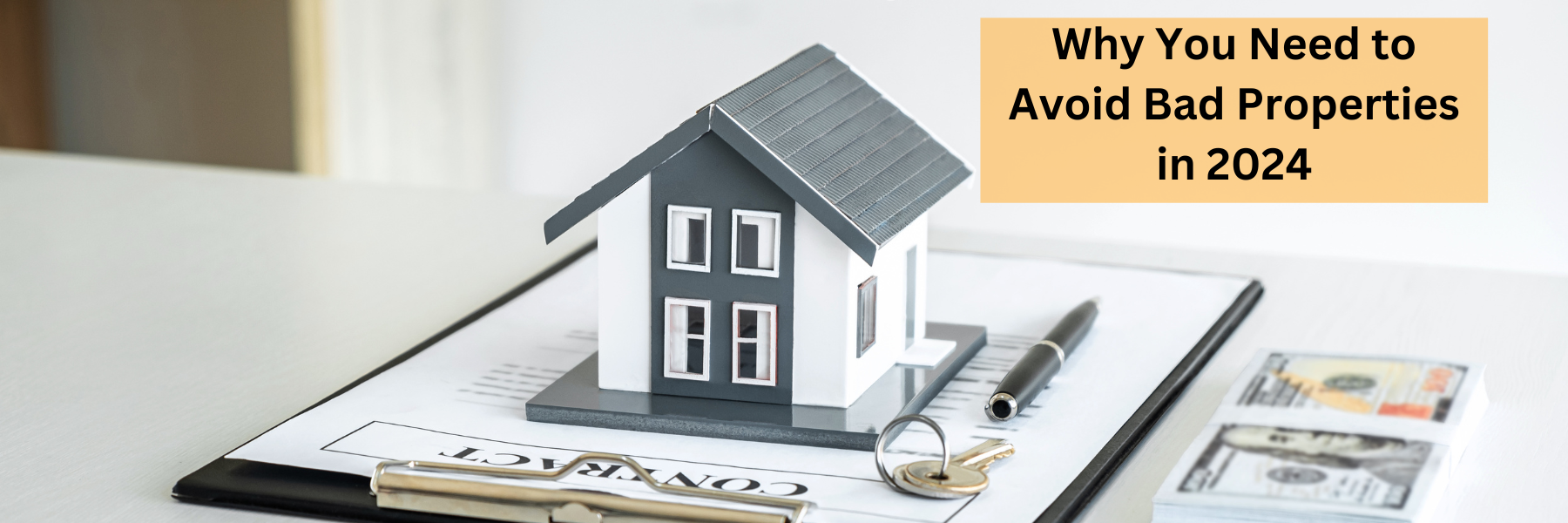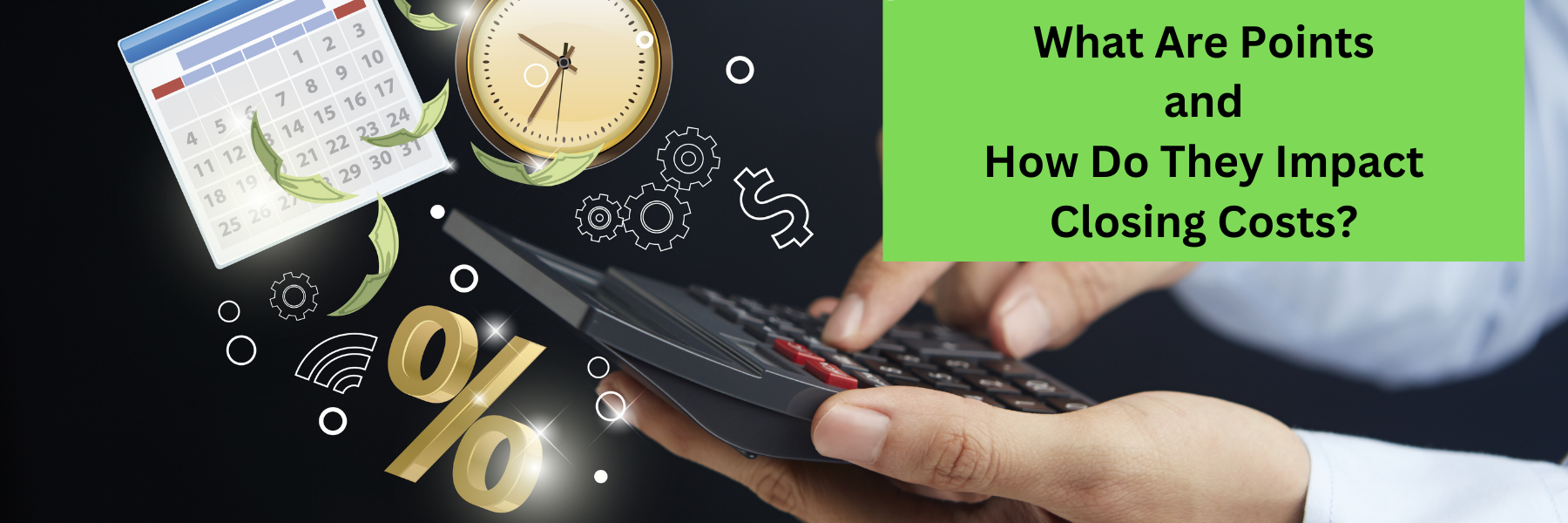What is Peer to Peer Lending For Real Estate Investing
Today we are going to discuss peer to peer lending and why it’s beneficial for real estate investing. What is peer to peer lending? To put it briefly, it is one person lending to another person. By working with people within the community, it helps others who want to make better returns on their hard-earned money. Let’s take a closer look!
Removing the middle man.
This form of lending has been around for centuries, long before formal banks were established. Nowadays banks are increasing their requirements and decreasing their lending. By using peer to peer lending, real estate investors no longer have to worry about meeting bank requirements. Instead, it removes the bank and reintroduces the human factor. Just to clarify, this doesn’t have to be done with family and friends, it can be anyone in your community.
There is something for everyone.
There is something for everyone with peer to peer lending. Whether it’s $5,000 to $3,000,000, someone in the community has the money you need. For example, funds can be used for down payments, fix up costs, small business start up costs, and even used to cover the entire project! This form of lending provides more flexibility, simpler underwriting, faster closing, and no prepayment requirements. It’s an excellent option for real estate investors.
How can you guarantee success?
It is important that real estate investors protect their peer’s money by putting them in secure deals. To clarify, a secured deal is with real estate and cash flowing. The first step in creating a secured deal is closing with a Title company and proper paperwork. This protects both the real estate investor, as well as the peer, to ensure everything remains honest. Most importantly, don’t gamble with your peer’s money. Pay them back as agreed and be truthful. In doing so it will establish a positive relationship that will ensure future deals. By doing these things, you’ll create a win-win situation.
Make the lending switch today!
Every investor needs peer to peer lending! It’s a fast, cheap, and dependable funding option!
Contact us today to find out how you can win in the real estate game.
Watch our most recent clip to find out more!










